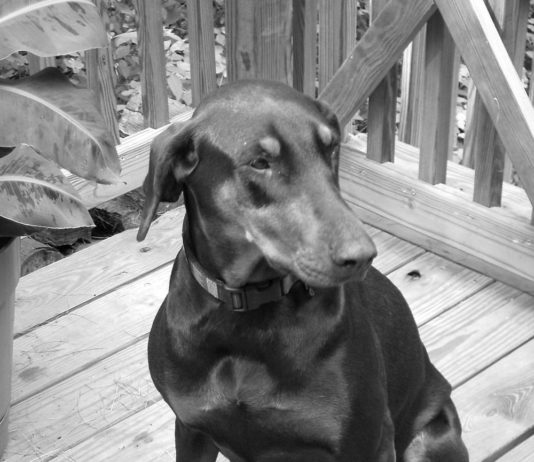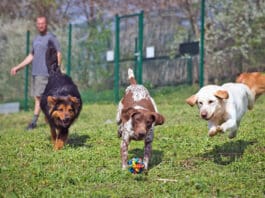Preventing and Treating Kennel Cough
You're not likely to forget it if you've heard it even once: the half-cough, half-choke sort of like a Canada goose in need of a Ricola lozenge that signals your dog has come down with kennel cough.
Does My Dog Have Pneumonia?
Canine pneumonia is a respiratory infection that has moved into the dog’s lower respiratory tract, the bronchioles and lungs themselves. The location of the infection alone makes it harder for your dog to get relief by coughing.
Kennel Cough Treatment and Prevention
Anyone who's heard it will recognize the dry, hacking, something's-stuck-in-my-throat cough that won't quit. It's the signature symptom of canine infectious tracheobronchitis, also known as Bordetellosis, Bordetella, and most commonly as kennel cough. Whatever you call it, tracheobronchitis is one of the world's most widespread canine diseases. Like the common cold in humans, tracheobronchitis is highly contagious, rarely fatal, and runs its course in a few days. Fortunately, there are several ways to help make canine patients more comfortable, speed recovery, and prevent future infections. Tracheobronchitis is called kennel cough because of its association with boarding kennels, animal shelters, veterinary waiting rooms, grooming salons, and other areas where dogs congregate in close quarters. It can strike dogs of any age but is most common in puppies, whose immune systems are still developing, and adult dogs with conditions that impair immune function.
Kennel Cough Resources
These products and informational resources on the bordetella virus are meant to help you alleviate your dog's symptoms of kennel cough. For more information on kennel cough from Whole Dog Journal, see Kennel Cough: Treatment, Symptoms, Prevention.
How Long Is Kennel Cough Contagious?
If your dog is still coughing you need to assume he might be contagious. To be truly safe from being the bane of your dog’s social circle, I would keep him out of his activities for a week after the last cough.











